Are you ‘good with money’?
If you were trying to run a business with very little financial education, how would you know if your business was going well, whether you were making a sound investment or if someone was taking advantage of you? You might end up working hard and getting nowhere.
Thavorn (pictured above) farms a small property in Cambodia with his wife, Toun, to support their family. At times, especially during prolonged dry periods, the family struggled to produce enough to meet their needs, so a loan seemed like a good solution. But Thavorn didn’t realise he’d agreed to an unreasonably high interest rate and his debt soon multiplied.
Financial literacy is largely denied to people living in poverty—for generations.
And for people like Thavorn, the absence of these skills exacerbates the cycle of poverty—for generations.
What Is Financial Literacy?
Financial literacy has four pillars: debt, budgeting, saving, and investing. When all four are addressed, alongside other training and assistance, people build strength to advocate for themselves and carve their own way out of poverty.
Nathan Sarker, Baptist World Aid’s South Asia Regional Lead, works closely with our local Christian Partners, particularly in Bangladesh, who develop programs addressing these challenges. He explained where financial literacy fits within community development.
Our approach is to help vulnerable people fill the gaps in their education so that they have the skills needed for success in life.
‘It’s very important,’ Nathan said. ‘Our approach is to help vulnerable people fill the gaps in their education so that they have the skills needed for success in life. We call it “functional education” and that includes financial literacy.’
Self-led And Sustainable Learning
Very often, our local Christian Partners provide this education through self-help groups. These groups—often gender specific—are self-governing entities made up of representatives from families within the community. And the groups have several functions, including providing a safe space to share challenges and gain wisdom from each other. This is
particularly important for women living in contexts where gender-based violence and discrimination are common.
Together, they learn skills such as new agricultural methods or financial literacy, and work as a team on solutions to community-wide problems and to create a savings fund.
‘It’s designed to be self-led and sustainable,’ explains Nathan. ‘Each amount contributed is carefully recorded by the group’s treasurer, so members see their savings grow. These funds can then be lent to members—with an agreed interest rate and repayment schedule—to do things like buy animals or seeds so they can invest in their business. It creates a safe space for people to practice using their new-found knowledge.’
The Benefit of Self-help Groups
Self-help groups have elected roles such as president and treasurer, and the members leverage their collective strengths to support each other and build up the community. Through this approach, communities find creative and sustainable solutions to financial problems—both personal and community-wide—and continue to function long after supporting organisations have withdrawn from the region.
‘When people start learning about finance, they are assessed and sometimes put into streams according to their existing knowledge,’ said Nathan. ‘As people progress, they move from basic numeracy to balancing a budget, to perhaps becoming treasurer of their self-help group, and eventually creating or developing their own business.’
Often, after people are finished with the program, they become so capable with finances that they become trainers for other self-help groups. In this way, knowledge is passed around the whole community and everyone can gain the skills needed to thrive.
Thavorn and Toun are now managing their finances well and they are growing their farm, paying off the loan, and serving their community.
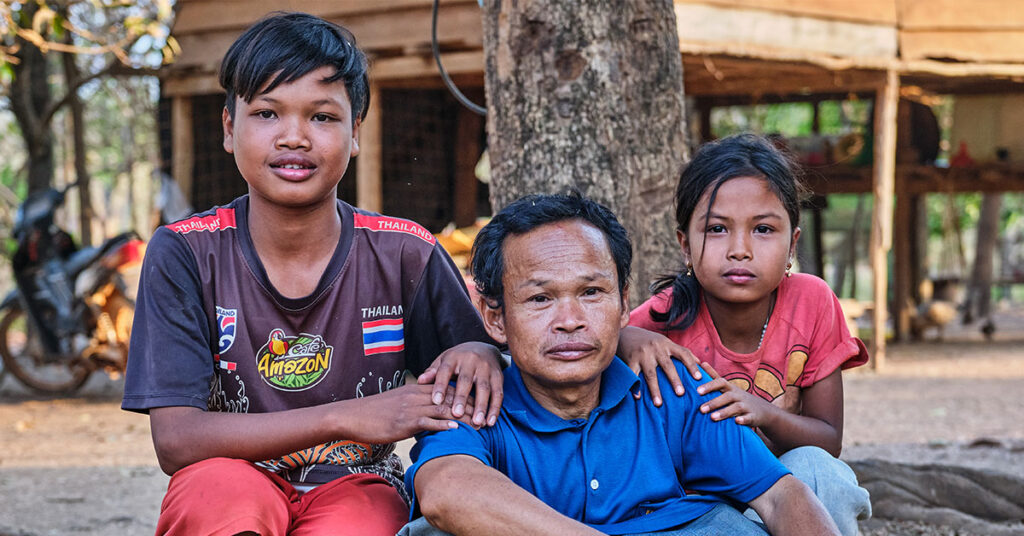
This article first appeared in the Better World Magazine—December 2024 Edition.


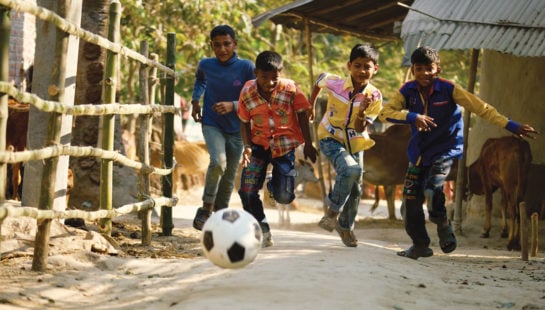
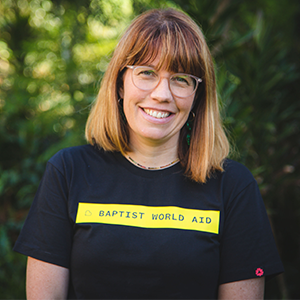 Meredith Benson,
Meredith Benson,
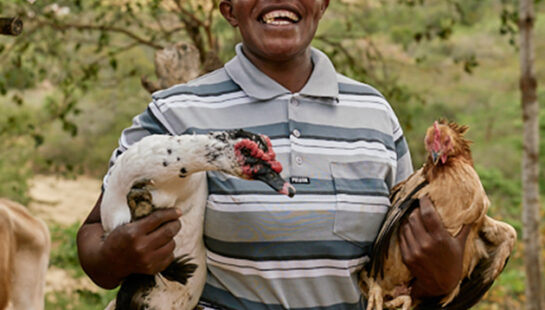
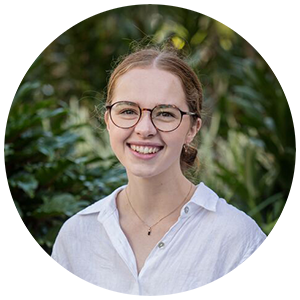 Amelia Ceroni,
Amelia Ceroni,